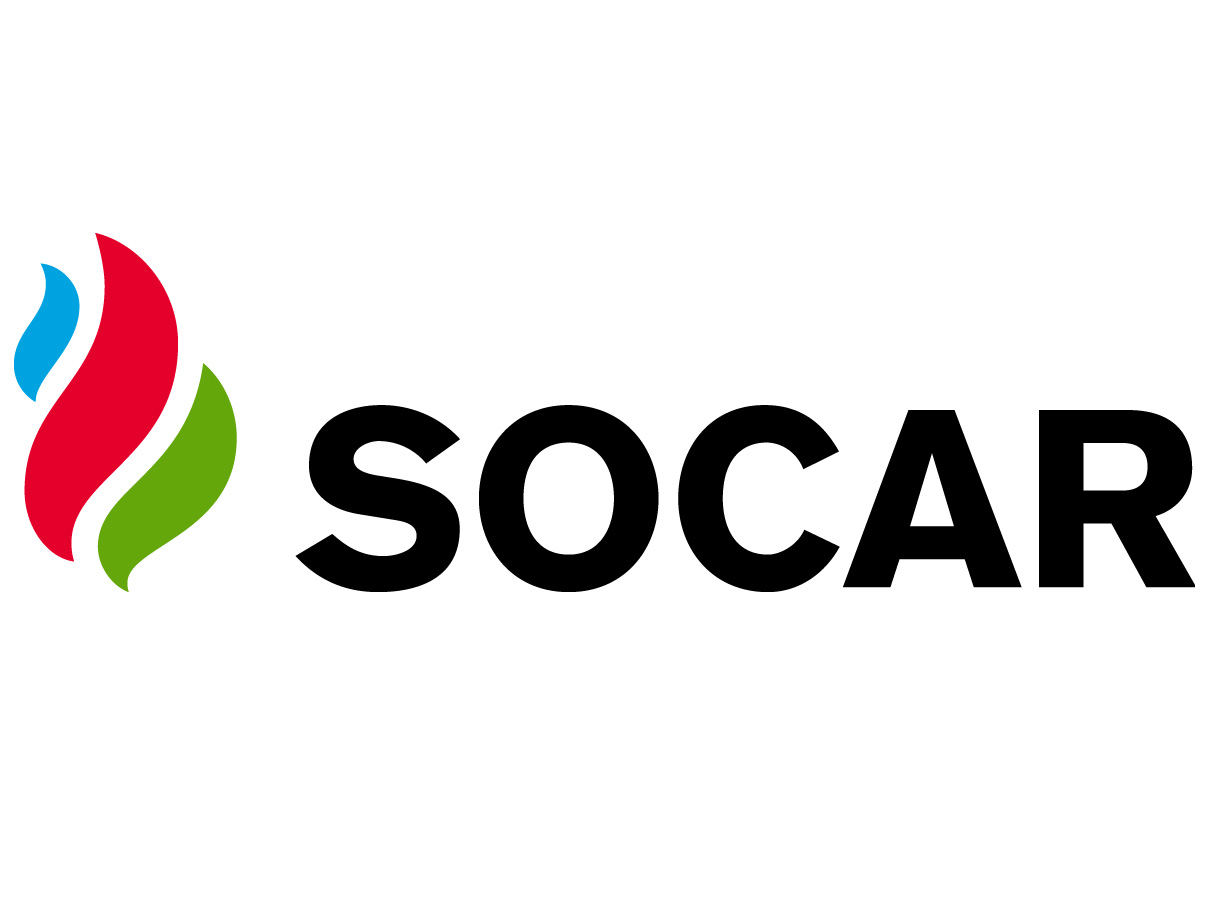BAKU, Azerbaijan, Oct.29
By Leman Zeynalova – Trend:
Azerbaijan’s ability to support State Oil Company of the Azerbaijan Republic (SOCAR) could diminish if its credit quality deteriorates, or the Nagorno-Karabakh conflict shifts the government’s priorities, Trend reports citing S&P rating agency.
“Although we do not expect any material damage to SOCAR’s assets, domestic operations, or exports from the conflict, we see increased uncertainty for SOCAR’s business and liquidity, and believe SOCAR's stand-alone financials are weakening such that funds from operations (FFO) to debt may fall below 12 percent. We therefore revising our outlook on SOCAR to negative from stable, and affirming our 'BB-' rating, although we consider that SOCAR's stand-alone creditworthiness has weakened. The negative outlook reflects that we could downgrade SOCAR if, as a result of the Nagorno-Karabakh conflict, we downgrade the sovereign, SOCAR's assets or liquidity deteriorate, or government support to the company weakens,” reads the report from the agency.
“If the sovereign's credit quality deteriorates, we believe it could weaken the government’s ability to support SOCAR. The military conflict and ongoing social and economic pressure from the COVID-19 pandemic could also shift the government’s priorities from supporting investments of government-related entities (GREs), such as SOCAR, to other social or military needs.
“At this stage, it remains unclear whether the recent establishment of Azerbaijan Investment Holding in August 2020 to manage GREs will have any implications for SOCAR, because the list of assets to be transferred to the holding and the holding’s role have yet to be clarified.
At this stage, in our base case, we do not include any direct damage to the safety of SOCAR’s employees, domestic operations, exports, production assets, or liquidity, because this is difficult to predict. We understand that SOCAR’s main oil and gas assets are located relatively far from the conflict zone, and that only the export pipelines run about 30-40 kilometers from Nagorno-Karabakh. Azerbaijani authorities reported an attempted missile attack in the area close to export pipelines Baku-Tbilisi-Ceyhan and Southern Gas Corridor (SGC), which was prevented by Azerbaijan’s military forces. We note that international oil majors are the shareholders and operators of Azerbaijan’s largest oil and gas projects, Azeri-Chirag-Guneshli (ACG) and Shah Deniz, where SOCAR only has equity stakes (25 percent and 10%, respectively, plus a 49 percent stake in Southern Gas Corridor CJSC, which holds 6.67 percent in Shah Deniz). As of now, SOCAR’s domestic operations, exports, and capex continue uninterrupted, and any additional security costs are on the government. SOCAR’s management doesn’t expect any changes to the planned commissioning of the Trans-Adriatic Pipeline (TAP) in November 2020, which would enable exports of up to 10 billion cubic meters (bcm) of gas from Azerbaijan’s Shah Deniz project via the SGC to Southern Europe. Also, we understand that despite the hostilities in Nagorno-Karabakh, SOCAR continues to have access to debt financing from domestic and international banks, and its cash held with domestic banks remains available,” reads the report.
---
Follow the author on Twitter: @Lyaman_Zeyn






